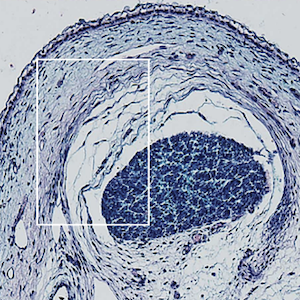Original Articles
23 October 2025
Vol. 61 No. 2 (2009)
Methylenetetrahydrofolate reductase polymorphisms in methotrexate treatment of rheumatoid arthritis patients. Review of the literature and personal experience
Publisher's note
All claims expressed in this article are solely those of the authors and do not necessarily represent those of their affiliated organizations, or those of the publisher, the editors and the reviewers. Any product that may be evaluated in this article or claim that may be made by its manufacturer is not guaranteed or endorsed by the publisher.
All claims expressed in this article are solely those of the authors and do not necessarily represent those of their affiliated organizations, or those of the publisher, the editors and the reviewers. Any product that may be evaluated in this article or claim that may be made by its manufacturer is not guaranteed or endorsed by the publisher.
1269
Views
1185
Downloads










